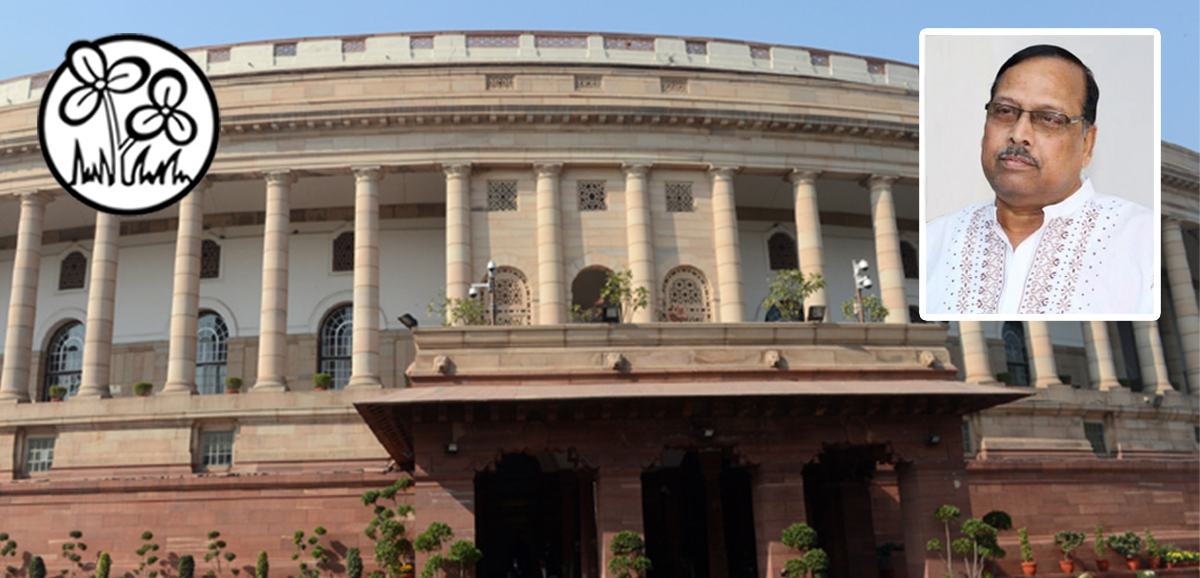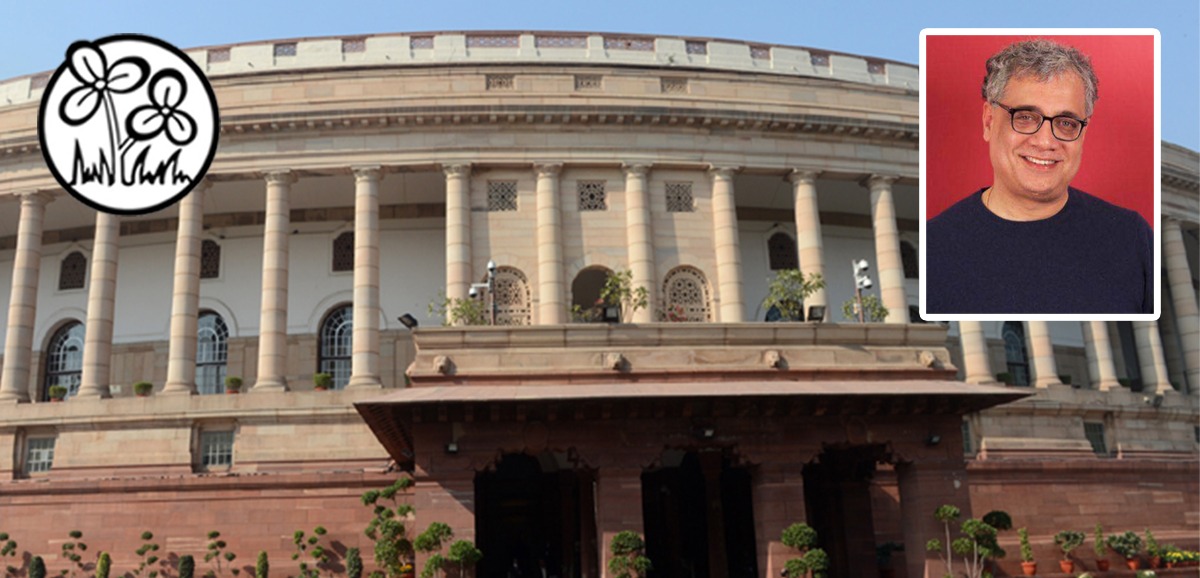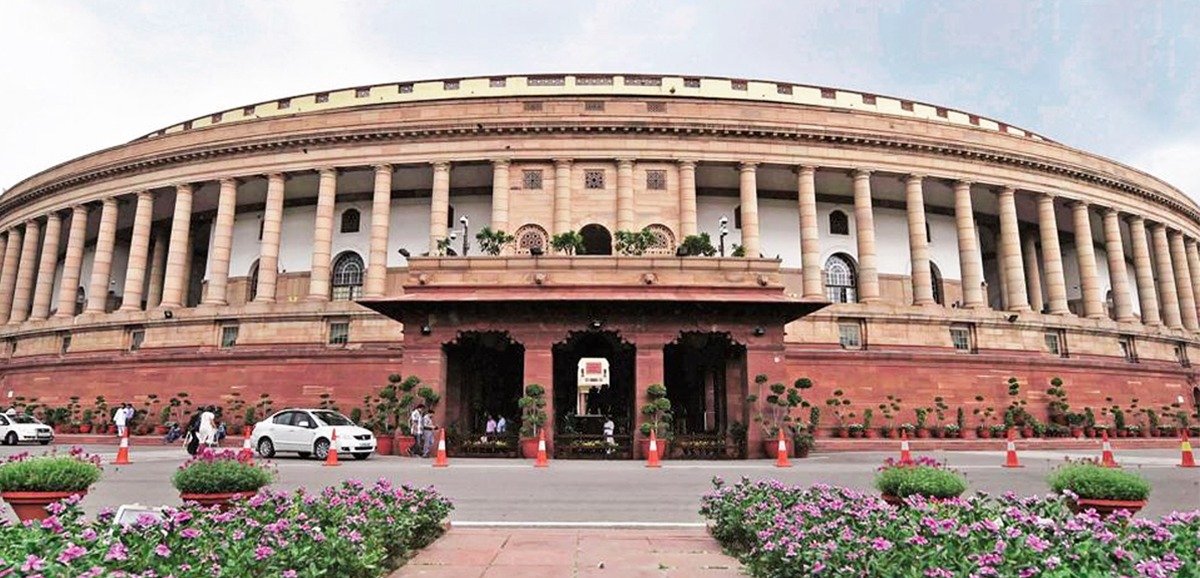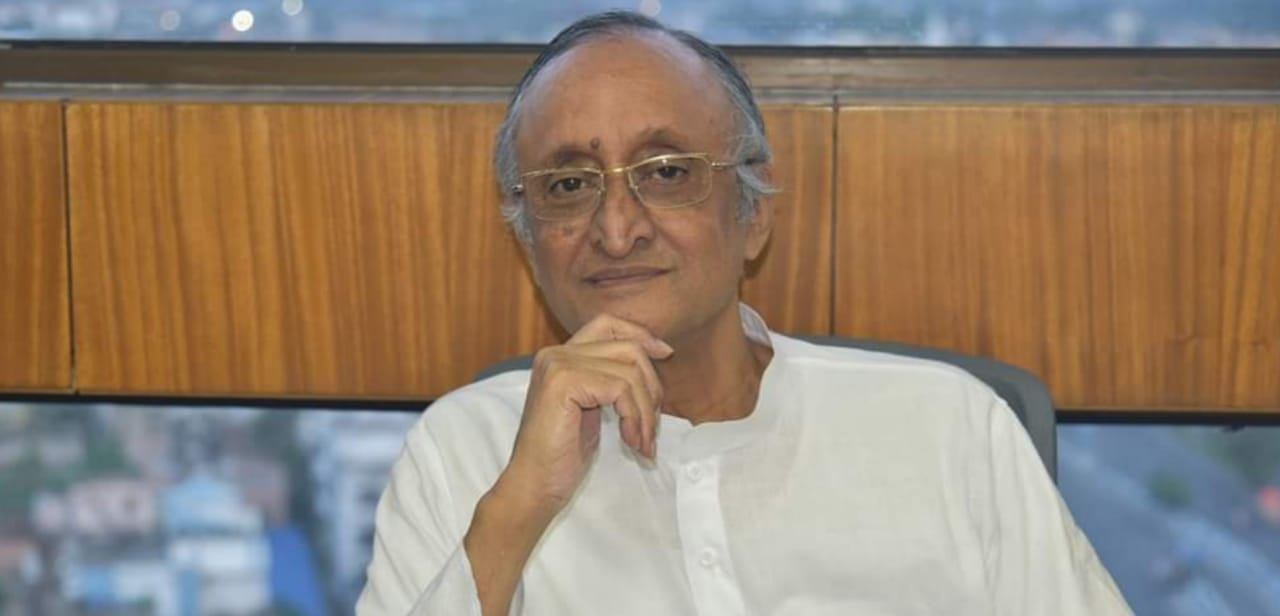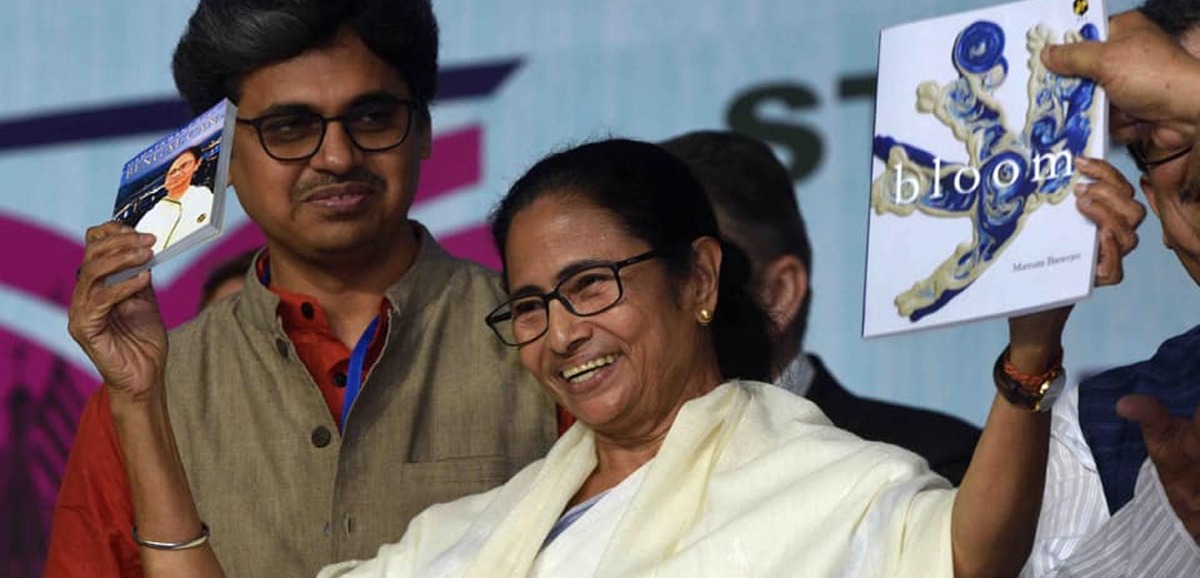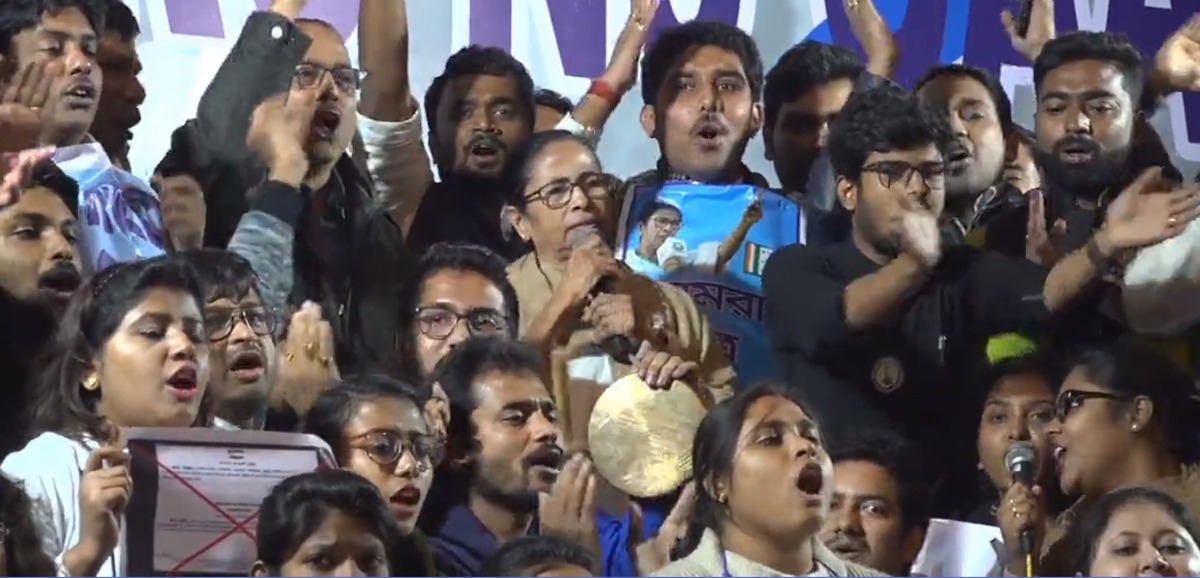Mamata Banerjee today addressed students and youths protesting against the CAA, NRC and NPR in front of Mahatma Gandhi’s statue on Mayo Road.
Highlights of her speech:
Students’ movements the world over have show the way forward. We started this movement in Bangla and will continue it till the end.
I want to congratulate all student communities – our solidarity and full support with them. I request the student and youth community to fight against CAA, NRC, and the brutalities and atrocities.
Remember, Bengal always looks up to you.
Let me tell you, yesterday’s Central Government notification on CAA will stay only on paper. We will not let it be implemented in Bangla at least.
Nothing should be done in a democracy on the basis of religion, caste, it is inhumane and illegal. We will continue to protest and will not let any such thing happen.
On my protests walks and meetings, I have seen many known faces and unknown faces as well, people from all walks of life, who have supported us. People from all religions have come forward. People have wholeheartedly supported us.
Let me tell them, you are day-dreaming, we will break up your dream. We will bring about a.new sunrise.
Our country is the country of Vivekananda, Netaji, Gandhiji, Ambedkar, Lalan Fakir, Khudiram, Guru Nanak and others whose ideals we follow.
On such occasions, sometimes people from Delhi run down here to celebrate. But we wake up every morning with their names on our lips.
Tomorrow is the birth anniversary of Swami Vivekananda, which we will celebrate across Bangla.
Vivekananda was the universal Hindu. One day he went to the house of a Muslim and smoked his hookah; he wanted to see, he said, whether he would lose his religion. Nothing happened, of course.
I am a complete human being. If you take away any part, I will become useless. Similarly, humanity is a combination of all people of religions from all places in India.
Therefore we don’t support the notification issued by the Centre. There will be no CAA on the basis of religion. There will be no CAA, and neither NRC and NPR.
Through politics of hatred and setting up riots, we will not let these people take away our rights as citizens, our property rights, our ration cards, and any other right.
The Constitution is of the people, by the people, and for the people. Therefore our movement will continue.
If the BJP really wants, why doesn’t it do NRC in the northeast and other places? Why select Bangla?
The movement led in peace is the one that succeeds. There don’t resort to bloodshed. There are some who are doing it but they won’t succeed.
We led the Singur Movement peacefully and succeeded. I had fought for Singur peacefully. I had undertaken a hunger strike. I will continue this movement too till I live.
I have told the prime minister that we won’t accept the CAA, NPR and NRC.
We will take the help of like-minded parties in this movement.
We have helped people affected by police atrocities during this movement, across the country. We gave money to the families of the deceased in Karnataka after that State’s chief minister withdrew the ex gratia payment after announcing it. We also met the students affected in Delhi.
The Supreme Court has also said that protests should be peaceful. Therefore you too do it that way. Walk along the streets shouting slogans, be peaceful. Don’t resort to the kind of violence that some others are indulging in.
CAA CAA chi chi, CAA CAA chi chi
Jai Hind, Jai Bangla
I have risen from student politics, and can never forget my roots. Therefore I congratulate and convey my best wishes to all of you who are here. This movement will continue.

